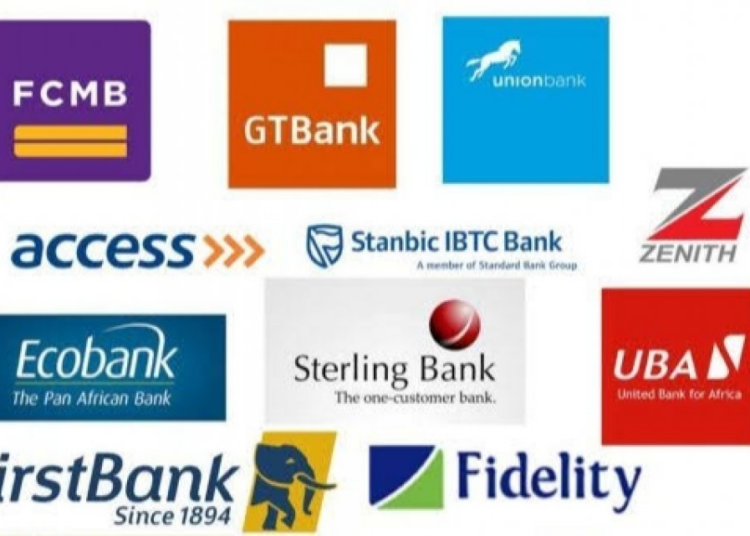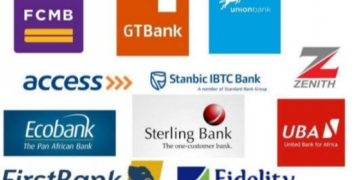The impact of high interest rates has seen the banking industry credit to the private sector decline in the month of June as lending rates in the banking sector soared to as high as 60 per cent per annum.
Data from the Central Bank of Nigeria (CBN) showed that net domestic lending by banks in the country to both government and the private sector declined by 1.5 per cent. According to the data, net credit to the economy dropped from N102.68 trillion in May to N101.178 trillion in June 2024.
Credit to the government, which had risen substantially from N19.37 trillion in April to N28.37 trillion in May, declined marginally by 1.1 per cent in June to N28.05 trillion.
However, credit to the private sector having risen to N74.31 trillion in May from N72.91 trillion in April had declined by 1.6 per cent in June to N73.12 trillion.
The monetary policy committee of the CBN had, at its last meeting in July, continued its hawkish stance in its effort to curb the spiralling inflation in the country. At the end of the July meeting, the MPC resolved to raise the benchmark interest rate by 50 basis points to 26.75 per cent from 26.25 per cent which it raised it to in May this year.
Deposit and Lending rates of banks as at July 5, 2024 as published by the CBN showed that interest on general loans was as high as 60 per cent per annum with general commerce and manufacturing loans attracting interest rates as high as 50 per cent.
Oil and gas loans as well as agriculture loans attracted interest rates as high as 48 per cent per annum while lending to the government attracted as much as 37 per cent interest rate.
In April when the benchmark interest rate was 24.75 per cent, loans for agriculture as well as oil and gas had attracted 40 per cent interest which was the highest level in the banking industry for the two sectors. Similarly, lending to the manufacturing sector was at 40 per cent maximum rate.
The chief executive of the Centre for Promotion of Private Enterprise (CPPE), Dr Muda Yusuf had noted that the high interest rate “would further pose a risk to the financial intermediation role of financial institutions in the country. The increase would constrain the capacity of banks to support economic growth and investment, especially in the real sector of the economy because the increases are quite significant.”
Whilst noting that the MPC’s hawkish stance appears to be moderated at its last meeting in July, he said, “although my preference was for a pause on the rate increases because of the enormity of the headwinds that businesses are grappling with. But the marginal increase marks a softening of the tightening stance. It is tolerable.
“I believe we should now accelerate the implementation of the fiscal policy measures to tackle inflation. Already the economic Stabilisation plan contains a number of laudable fiscal policy measures that could reduce production costs in the economy. ”
An economist at CashLinks, Dr. Francis Akpochafor noted that, as banks charge higher interest rates on loans relative to the rates they offer on deposits, borrowers face increased financial burdens when seeking credit for investment, consumption, or working capital purposes.
“High borrowing costs can deter borrowing activity, constrain access to credit, and impede the growth and expansion of businesses, ultimately stifling entrepreneurial activity and innovation,” he stated.




